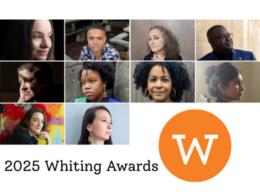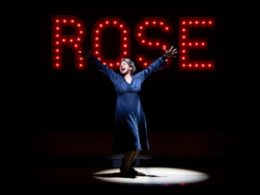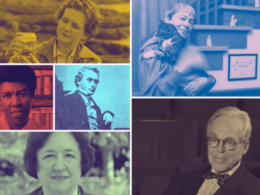Smith College in Northampton, Massachusetts, does right by one of its most illustrious graduates this summer with the current issue of the Smith Alumnae Quarterly. Not one but two features pay tribute to Madeleine L’Engle, the Class of 1941 alumna who enters the Library of America series this fall with the publication of Madeleine L’Engle: The Kairos Novels, a two-volume set that collects eight interlinked young-adult novels L’Engle originally published between 1962 and 1989.
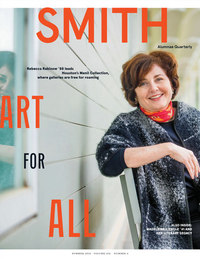
“The Making of Madeleine L’Engle” by John Macmillan guides readers through the trove that is L’Engle’s literary estate, the bulk of which has now been donated to Smith College. Beginning later this year (the 100th anniversary of her birth), the author’s papers—which include early and variant drafts of published and unpublished work as well as correspondence and personal memorabilia—will be stored in Smith’s special collections archive and made available to scholars and students of L’Engle’s work. Access to the L’Engle literary estate enabled Library of America to establish authoritative texts for its L’Engle edition and to include, as an appendix to the first volume, four never-before-seen deleted passages from A Wrinkle in Time.
In “Stories We Carry With Us,” four Smith alumnae who went on to literary careers testify to the influence L’Engle has had on their own lives. Jane Yolen ’60 contributes a poem inspired by the time she guided L’Engle around the campus for a lecture and Q&A, while Ruth Ozeki ’80 describes how every reader draws something unique from A Wrinkle in Time: “I asked four of my friends about how this book shaped their childhood mythologies, and I got four different responses.” Martha Southgate ’82 relates how, for her, Ava DuVernay’s recent film adaptation of A Wrinkle in Time honors L’Engle’s spirit, and Betsy Cornwell ’10 writes that L’Engle “never talked down to her young readers, and I’d call that part of her activism; I strive now, in my own writing, to make it part of mine.”
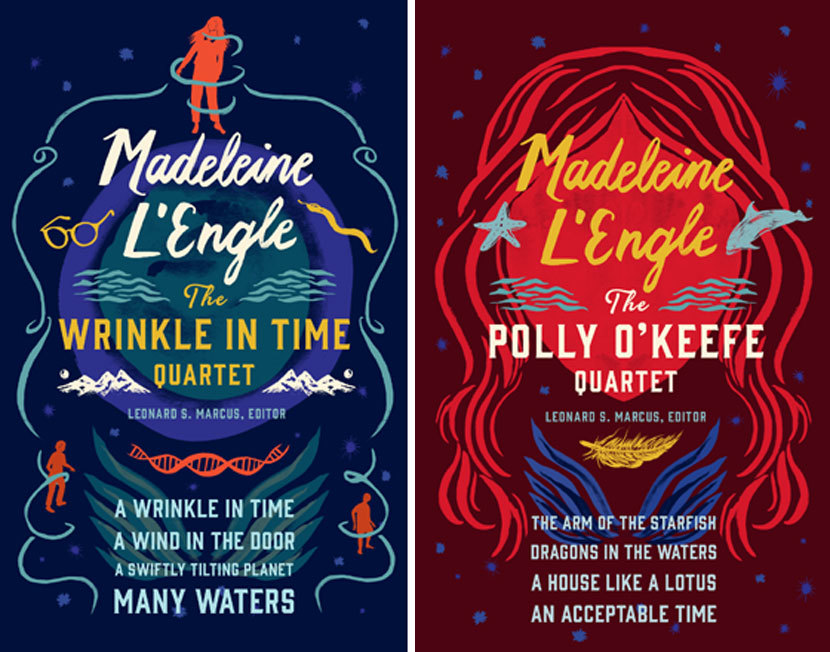
In light of the Smith Alumnae Quarterly coverage, we’d be remiss in not mentioning that the second Library of America L’Engle volume, The Polly O’Keefe Quartet, includes the full text of the engaging speech she gave at her alma mater for her fiftieth class reunion in 1991. In a wide-ranging address that testifies to her broad learning and seemingly insatiable curiosity, L’Engle describes the shrewd writerly advice she absorbed from Shakespeare’s plays; her comically blunt approach to dropping a history course she found tedious as a freshman; and, in closing, what she took from her forays, post-college, into higher mathematics. It’s a conclusion that should resonate with fans of A Wrinkle in Time and its sequels:
“Probably what has impressed me most in my reading of physics is the interrelationship of all things; nothing happens in isolation; everything affects everything else.”
